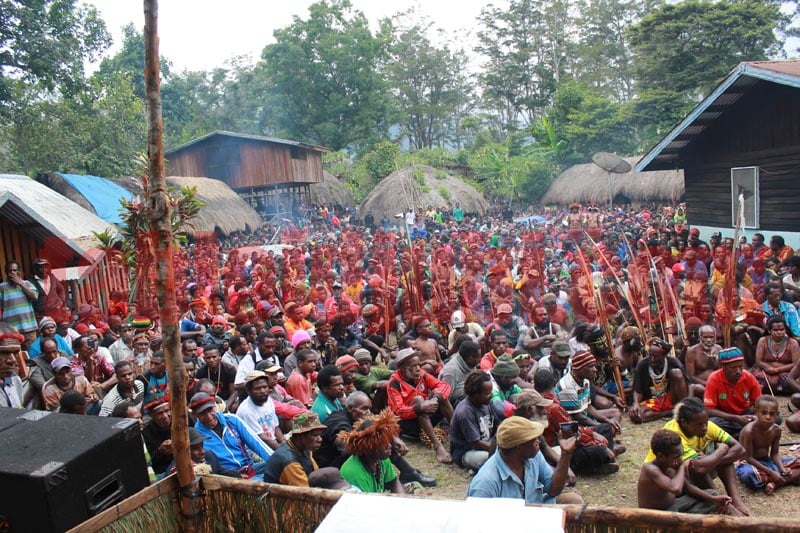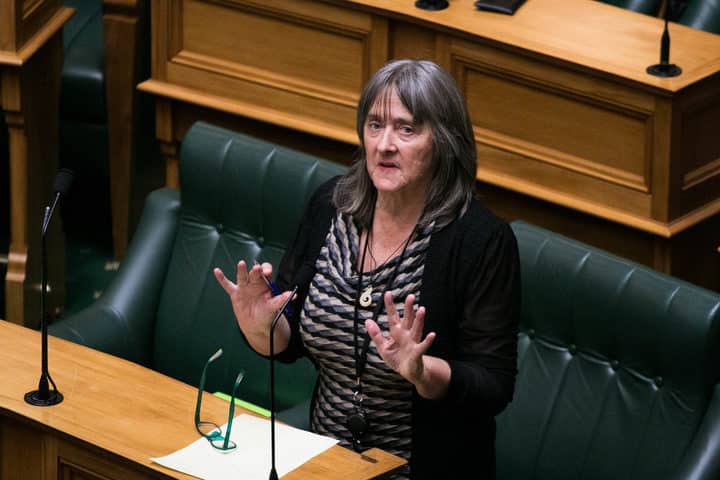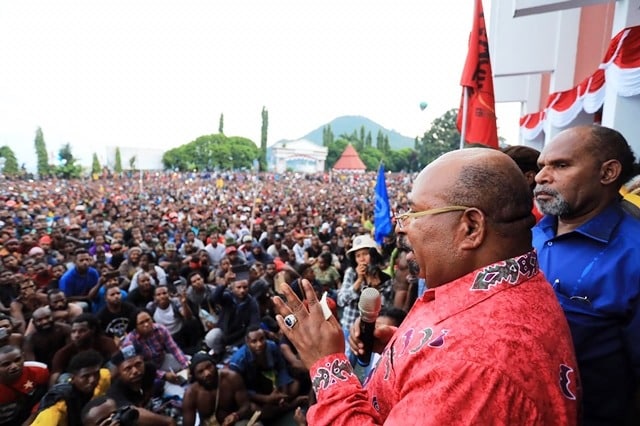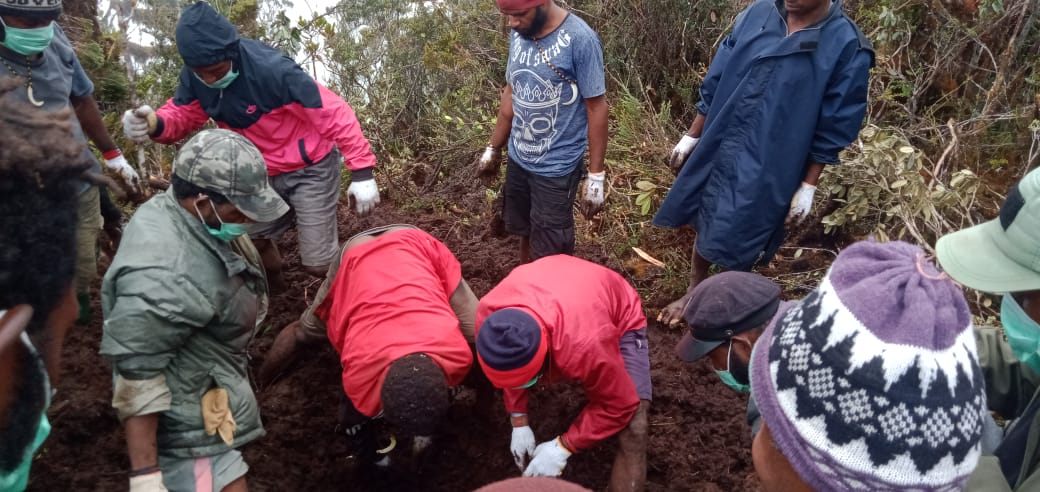
By : Hipolitus Yolisandry Ringgi Wangge, Marthinus Academy and Gafur Djali
Since West Papua’s integration into Indonesia in 1969 through a United Nations-sponsored people’s referendum — a process considered deeply flawed — the Papuans’ problems have haunted all Indonesian presidents.
A critical juncture came after the downfall of the authoritarian regime of former general Suharto. Beginning in 2002, President Megawati Sukarnoputri’s administration implemented the Papuan Provinces Special Autonomy Law, which aimed to give Papuans more authority to manage their affairs based on local customs. For many elites in Jakarta, a special autonomy law was the key to resolving all Papuan problems, including creating a sense of being Indonesian and protecting against human rights abuses. But these objectives failed to be achieved because the Indonesian government has never thoroughly identified, or admitted to, the basic problems regarding Papua: namely, its historical and political status.
Distrust towards Jakarta among indigenous Papuans dating from the controversial 1969 referendum fortifies ethno-nationalist aspirations to secede from Indonesia. In order to tame these sentiments, the security apparatus has taken a repressive approach towards indigenous Papuan dissent. But repressive actions by police and military forces have instead strengthened Papuans’ separatist aspirations.
















